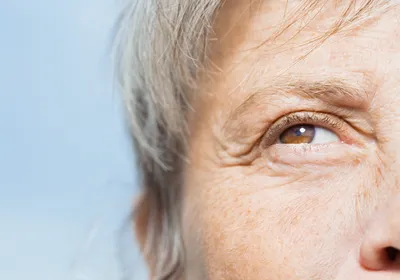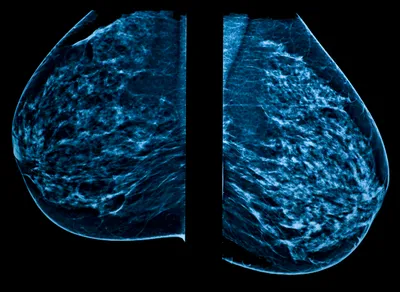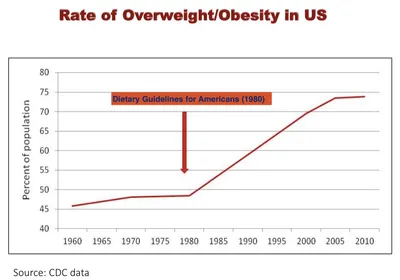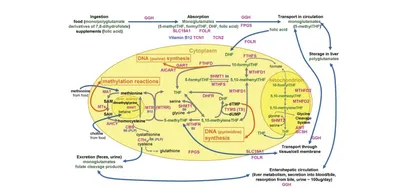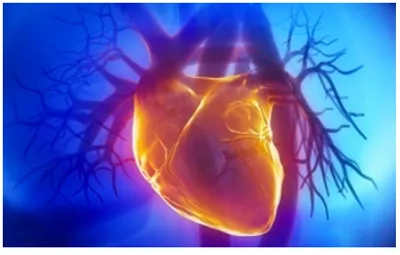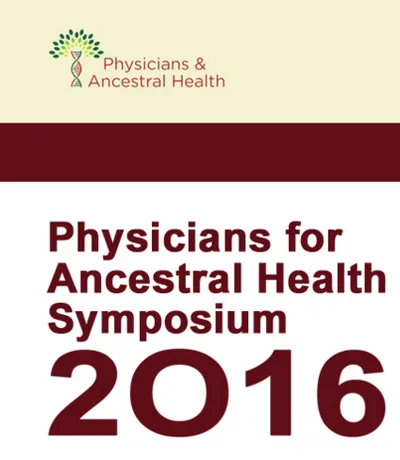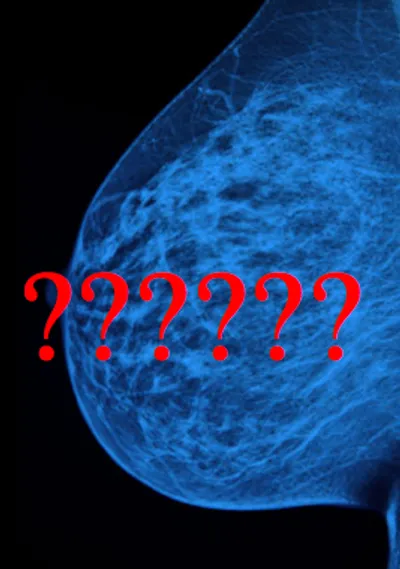What Is Known About Macular Degeneration Healthy Steps: Macular Degeneration—First Steps Healthy Steps: Macular Degeneration—Full Program Preventing Macular Degeneration I imagine you already know one or more people dealing with macular degeneration. The good news is that doctors can “deal with” the problem once it arises; the bad news is that treatment can slow the progression of […]
We absolutely need and rely on the hormone insulin, but only when it stays in its sweet spot: just enough, not too much. Too much insulin has a direct adverse effect (obesity, type 2 diabetes) and many far-reaching effects, including an increased risk of cancer, Alzheimer’s Disease and more.
Why haven’t I seen this information before now!? It doesn’t change my mind, but if you are still getting routine mammograms, it might change yours. I saw this article first in Consumer Reports.
A couple of exciting events have happened in the world of nutrition recently, causing feathers to ruffle and fur to fly!
A truly excellent clinician, podcaster, and researcher, Michael Ruscio, DC, recently focused his attention on Homocysteine.
It’s the sugar.
I predict that within 5 years, doctors will not be relying on routine lipid panels to assess risk of cardiovascular disease. My prediction reveals my inherent nature as an optimist!
One of the most challenging aspects of my practice is trying to help people recover lost brain function: even when they know they have a problem, and want help for the problem, the path of relief is not straightforward. Intelligent people are particularly adept at creating coping techniques and strategies to compensate for a decline in mental function, so it is often not noticed or addressed until cognitive decline is significant.
Calcium’s role in the body is vast: not only is it the main component of healthy bones, but in all its other locations it participates in the proper balance of electrolytes that facilitate communication between cells as well as the production of enzymes, neurotransmitters, and our immune response. But, here’s the thing: there are many places you only want calcium as a communicator (living in the body’s fluids) and not as the kind of rigid deposit it forms in our bones.
We had a great winter retreat in Arizona this winter, and enjoyed a wide variety of talks. All of which directed themselves one way or another toward a health, ancestral-based, lifestyle.
I read a fair amount of medical research, but a topic that always catches my attention is anything related to breast health, specifically preventing breast cancer. Pretty much the same information applies for resolving fibrocystic breast disease or other sources of breast discomfort.


